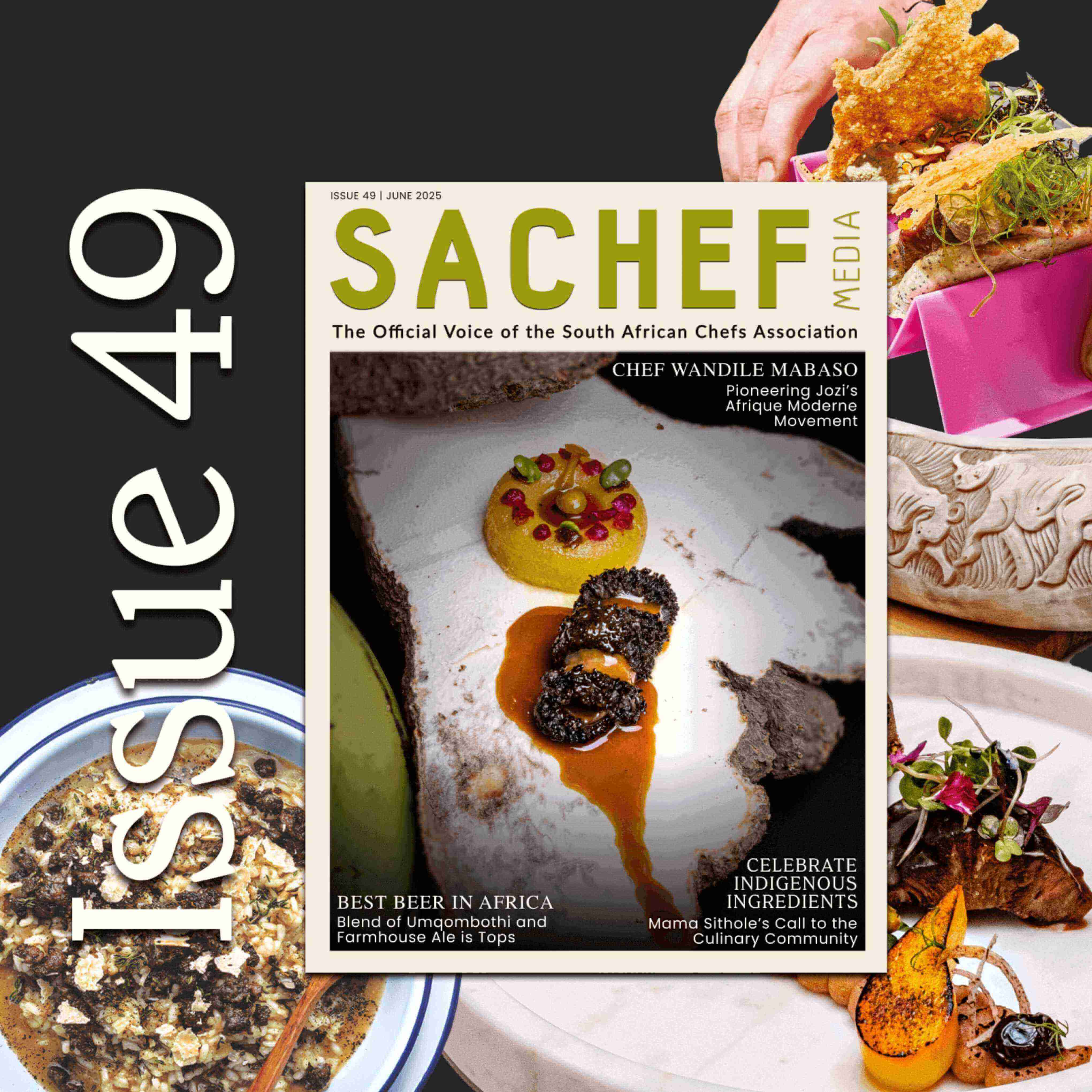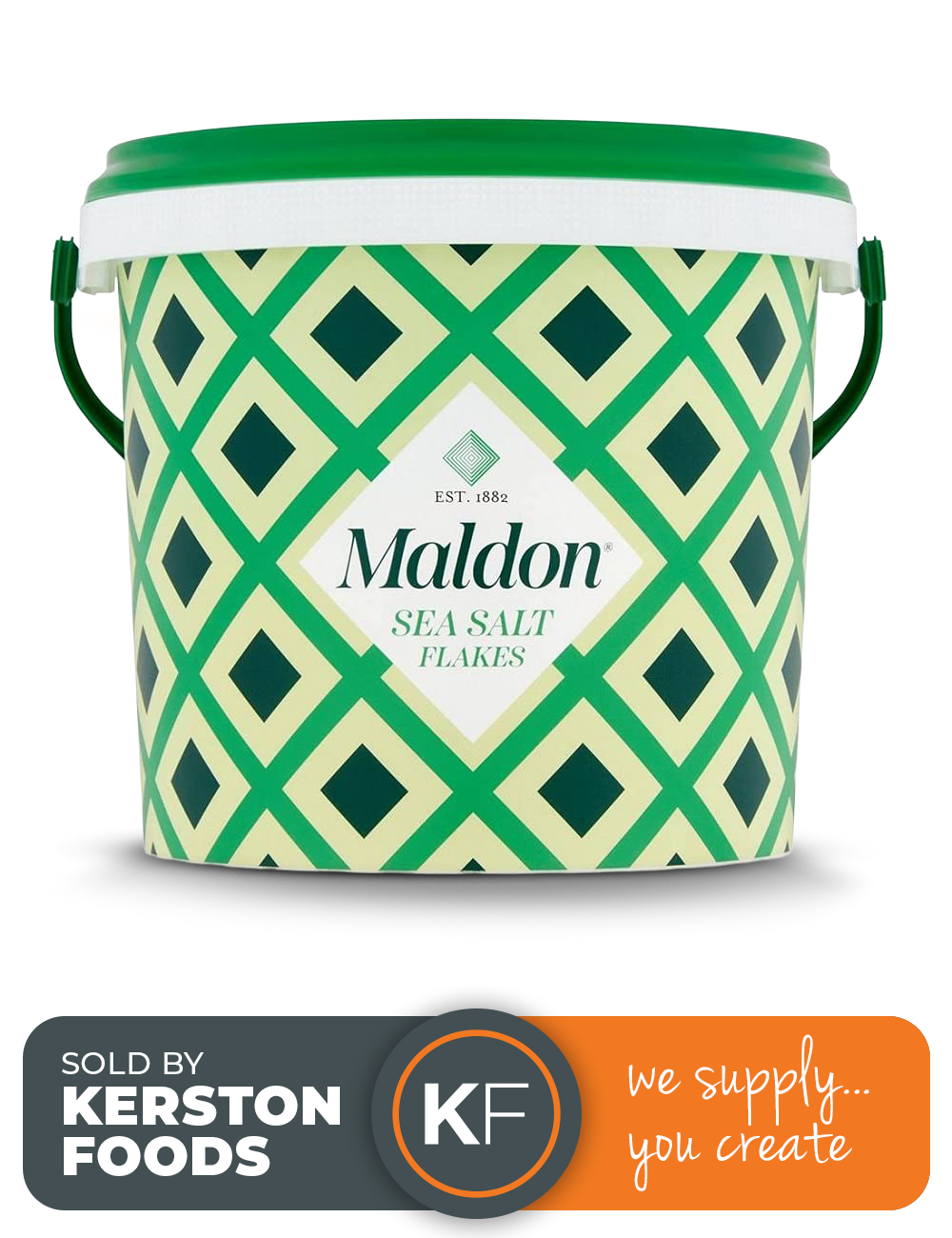B-well Chef Oil is bringing you the perfect oil to sustain a temperature of 230 degrees, an oil made for those who are serious about cooking. The extraordinary finesse of B-well CHEF Oil is its remarkable ability to withstand a frying life at a high temperature of 10 days which equates to 40% longer frying time than other competitive oils. It is important that one treats your oil in the proper way to ensure golden perfection.
Below are some tips to keep in mind:
Skim regularly and filter daily
Skim the surface often to get rid of leftover food particles. Filter daily while the oil is still warm, but not hot.
Use the correct volume
Always use the correct food-to-oil ratio – 1 part food to 6-part oils. Top up with fresh clean oil to extend and rejuvenate the frying life of your oil.
Always keep your fryer clean
Clean at least once a week and ensure the fryer is free of soap and detergent residue.
Avoid ice crystals on frozen food
Always clear away ice crystals clinging onto frozen food. It will cause foaming, spattering and a breakdown of the oil.
Do not use copper/brass equipment
These coated utensils speed up oxidation and severely reduce the frying life of your oil.
Uniform cooking for best results
Cook similar portion sizes and avoid mixing a variety of fast food.
Salt after frying is complete
Do not salt the food while it’s still in the fryer as it will break down the oil.
Fry at the correct temperature
Heat the oil slowly and check the temperature. If the temperature is too low, more oil will be absorbed by the food. If the temperature is too hot, food will darken quicker and oil will burn.
Never overfill the frying basket
Half-filled baskets will ensure the contents of the basket are cooked correctly. Overfilled baskets result in rapid oil temperature reduction causing a soggy, oil-saturated end product.
Frying time for chips
Allow frozen chips to fry for approximately 3 minutes. An indication of when they are ready is when the chips begin to rise to the surface.
Maximize your oil’s frying life
Skim after every fry and filter your oil after every fry – this will ensure that maximum frying life is achieved as well as the prevention of the discolouration of food.
When do I dispose of my oil?
Once you have correctly determined that your oil should be discharged by using oil monitoring strips (see list below), you should ensure that the old oil is collected and disposed of in the correct and legal manner. Old oil is toxic and harmful if digested by humans or animals.
An independent comparative test was conducted to independently establish the most ideal oil for frying in terms of value for money by accurately monitoring:
- The oil uptake – by measuring liters of oil used for the amount of product fried.
- The Total Polar Compound (TPC) content of the oil – discarding only when above 23%.
- The oil frying principles such as hot and cold filtering daily and temperature adherence.
The results of the above, coupled with the health benefits and the financial implications provided information and a recommendation that “B-well Chef Oil has given the best frying, longevity and financial results and should be the first choice when considering a longer-lasting frying oil,” said ‘Anthony Kampf (food technologist).









